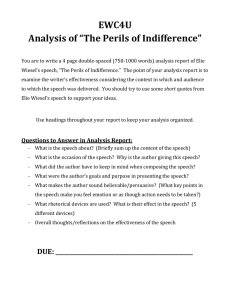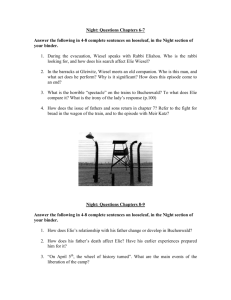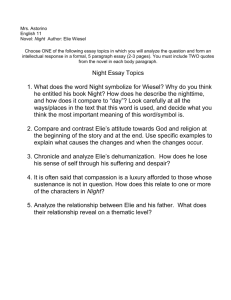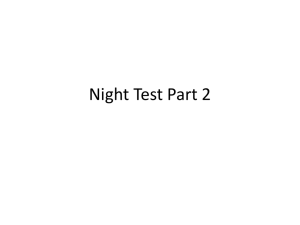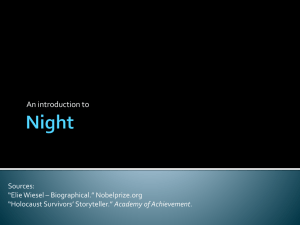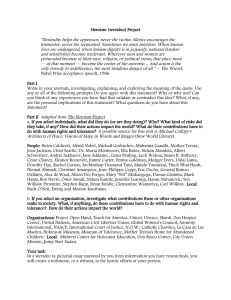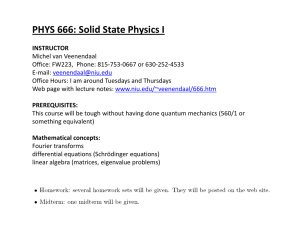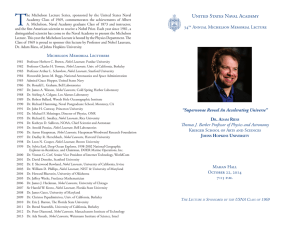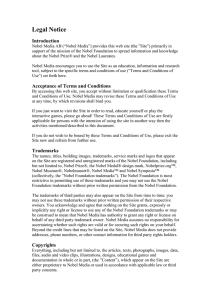Part II of Night group work
advertisement
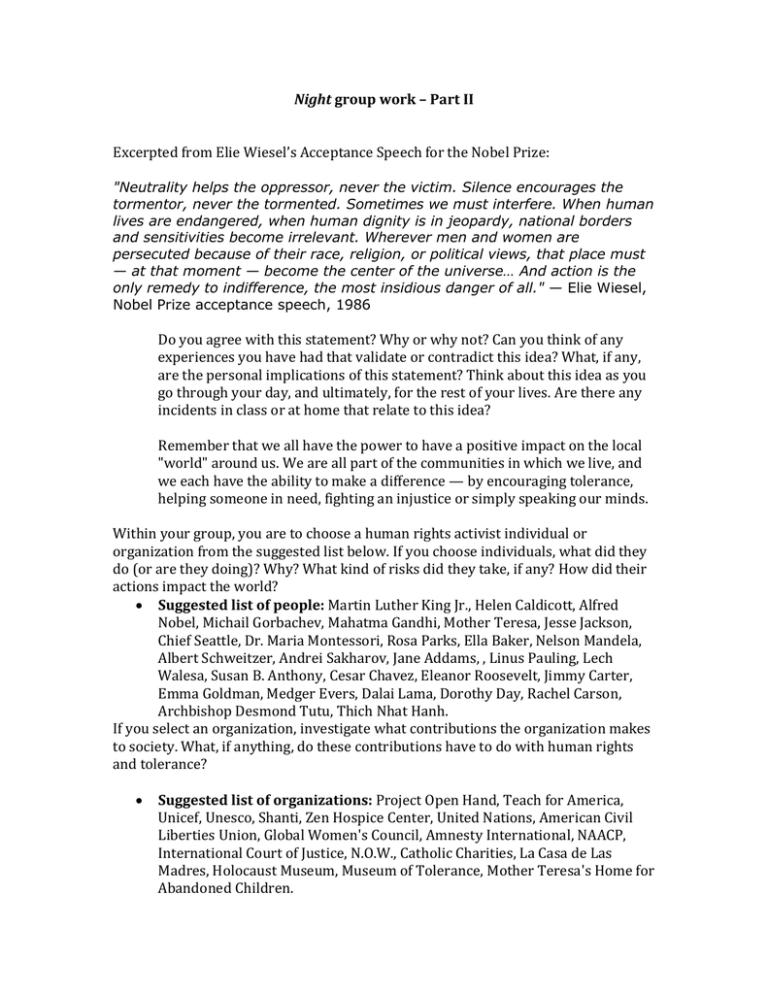
Night group work – Part II Excerpted from Elie Wiesel’s Acceptance Speech for the Nobel Prize: "Neutrality helps the oppressor, never the victim. Silence encourages the tormentor, never the tormented. Sometimes we must interfere. When human lives are endangered, when human dignity is in jeopardy, national borders and sensitivities become irrelevant. Wherever men and women are persecuted because of their race, religion, or political views, that place must — at that moment — become the center of the universe… And action is the only remedy to indifference, the most insidious danger of all." — Elie Wiesel, Nobel Prize acceptance speech, 1986 Do you agree with this statement? Why or why not? Can you think of any experiences you have had that validate or contradict this idea? What, if any, are the personal implications of this statement? Think about this idea as you go through your day, and ultimately, for the rest of your lives. Are there any incidents in class or at home that relate to this idea? Remember that we all have the power to have a positive impact on the local "world" around us. We are all part of the communities in which we live, and we each have the ability to make a difference — by encouraging tolerance, helping someone in need, fighting an injustice or simply speaking our minds. Within your group, you are to choose a human rights activist individual or organization from the suggested list below. If you choose individuals, what did they do (or are they doing)? Why? What kind of risks did they take, if any? How did their actions impact the world? Suggested list of people: Martin Luther King Jr., Helen Caldicott, Alfred Nobel, Michail Gorbachev, Mahatma Gandhi, Mother Teresa, Jesse Jackson, Chief Seattle, Dr. Maria Montessori, Rosa Parks, Ella Baker, Nelson Mandela, Albert Schweitzer, Andrei Sakharov, Jane Addams, , Linus Pauling, Lech Walesa, Susan B. Anthony, Cesar Chavez, Eleanor Roosevelt, Jimmy Carter, Emma Goldman, Medger Evers, Dalai Lama, Dorothy Day, Rachel Carson, Archbishop Desmond Tutu, Thich Nhat Hanh. If you select an organization, investigate what contributions the organization makes to society. What, if anything, do these contributions have to do with human rights and tolerance? Suggested list of organizations: Project Open Hand, Teach for America, Unicef, Unesco, Shanti, Zen Hospice Center, United Nations, American Civil Liberties Union, Global Women's Council, Amnesty International, NAACP, International Court of Justice, N.O.W., Catholic Charities, La Casa de Las Madres, Holocaust Museum, Museum of Tolerance, Mother Teresa's Home for Abandoned Children.
